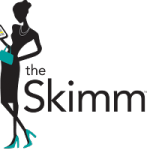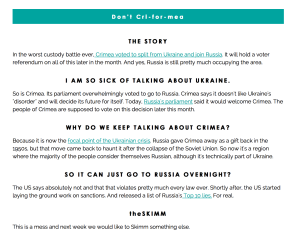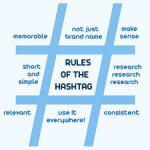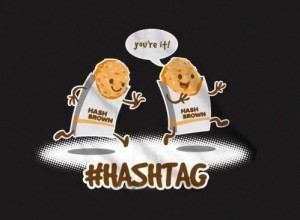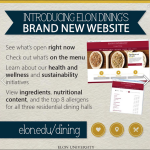Mags Bryant ’16, Professional Writing and Rhetoric & Creative Writing
Typically, I’m a stickler for Times New Roman, font size 12, single spacing (or double, if necessary). Yes, I’m THAT person. Personally, I feel that in the realm of creative writing, there is no other way to hand off your work. Times New Roman looks professional, clean, and familiar. There’s no room for wondering if a G is a Q or if an I is actually an L. It is the standard. And yet, much like how Comic Sans has its place in the elementary school teacher’s letter to the parents, it seems that experts are finding the same to be true about my favorite font.
I use TNR for a lot of things, but my resume is not one of them. And much like your job experience, the font of your resume matters; it says a lot about you. Earlier this week, Natalie Kitroeff of Bloomberg wrote an article about The Best and Worst Fonts to Use On Your Résumé . There seems to be some controversy surrounding what is the right font for a good resume. Yesterday, NPR provided their thoughts on the Bloomberg article. After reading both, I’ve found that maybe the place for Times New Roman is in essays, articles, and cover letters.
What do you think of their font judgments? Do you agree or disagree? Did you learn something different? Do you use just one font or does your resume get two? Let us know!

